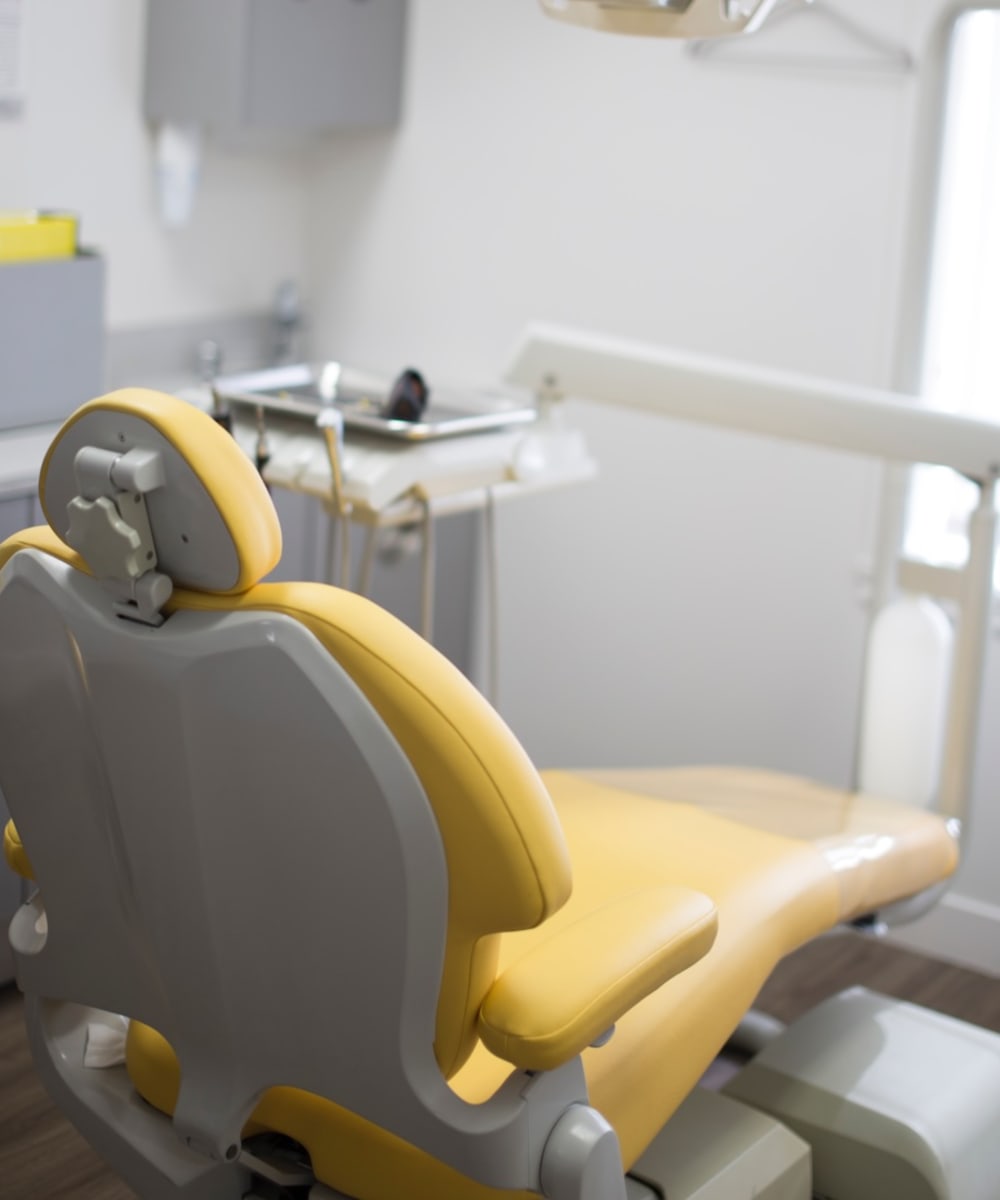Votre clinique dentaire dans l'Ouest de l'Île
Bienvenue à la Clinique Dentaire France Gascon
Notre équipe vous fera vivre une expérience unique.
Nous offrons un environnement chaleureux, convivial et professionnel respectant les attentes de nos patients et répondant précisément à leurs besoins. Notre clinique utilise également des restaurations dentaires sans mercure.
Que vous ayez besoin d'un implant dentaire ou que vous envisagiez de modifier l'apparence de votre sourire, notre équipe évaluera vos dents et vous prodiguera des soins pour répondre à vos attentes.

Une expérience unique
Les services offerts dans notre clinique aident nos patients à maintenir une bonne santé buccodentaire et un sourire éclatant.
Facturation directe
Temps d’attente courts
Dentisterie sans mercure
Financement

Une alternative discrète
Redressez votre sourire avec les aligneurs transparents Invisalign.
Le traitement Invisalign
Le traitement Invisalign permet de déplacer vos dents à l'aide d'aligneurs transparents.

Répondre à vos besoins dentaires esthétiques
Services de dentisterie esthétique à l'Ouest de l'Île
Du blanchiment des dents aux facettes en passant par la restauration dentaire complète, nos services esthétiques aident à améliorer votre sourire et votre estime de soi.
Notre équipe de la Clinique Dentaire France Gascon vous aide à restaurer votre sourire et travaillera avec vous afin de créer un plan de traitement sur mesure.
Bienvenue aux nouveaux patients
Vous cherchez un dentiste dans l'Ouest de l'Île? Notre équipe sera ravie de vous accueillir et de vous servir.
Retrouvez-nous à l'Ouest de l'Île
La Clinique Dentaire France Gascon est située à l'arrondissement de L'île-Bizard-Sainte-Geneviève à Montréal. Nous offrons à tous nos patients un stationnement gratuit sur place et notre clinique est facilement accessible en transport en commun.
